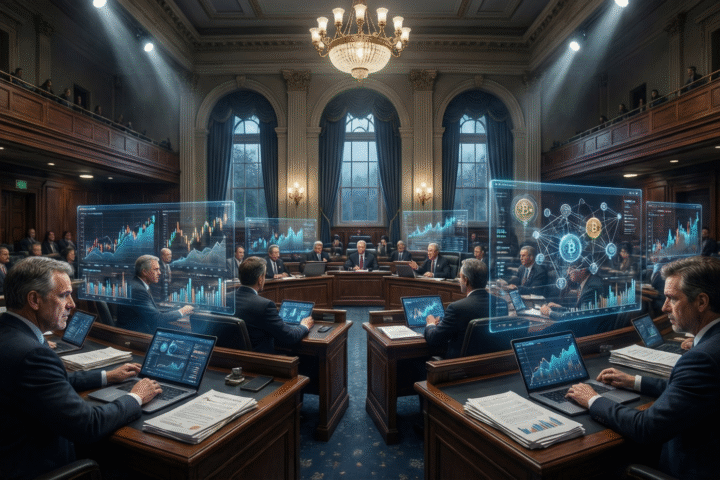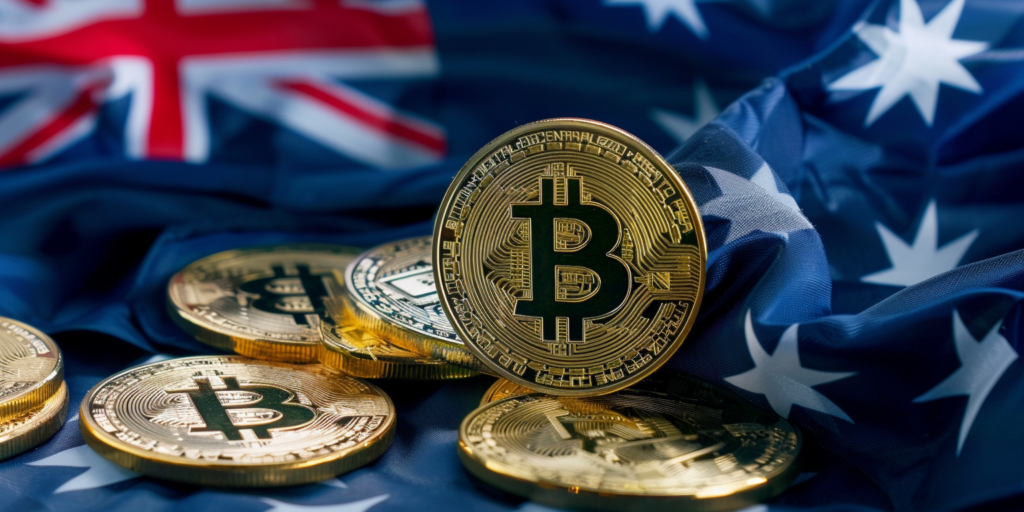South Korea’s cryptocurrency market is bracing for a sweeping regulatory crackdown. Starting next month, apрroximately 600 virtual assets will undergo rigorous evaluation against new standards, local media reported.
Those failing to comply face potential delisting. The move comes as South Korea aims to enhance market integrity and tighten oversight. The new regulations focus on three critical aspects: issuer reliability, security measures, and legal compliance. Exchanges must assess the reliability of issuing entities, examine information disclosure practices, and verify the circulation of the cryptocurrency.
Authorities will evaluate technology security levels, ensuring that cryptocurrencies have no history of hacking incidents, and require the disclosure of smart contract source codes. Compliance with domestic laws and regulаtions is essential, and user protection mechanisms, such as on-chain explorers tracking white papers and blockchain activity, will be scrutinized.
Related: CFTC Opens Door for National Trust Banks to Issue Stablecoins
Financial regulators will detail best practice plans for virtual asset transaction support alongside the implementation of the new Virtual Asset User Protection Act on July 19. Exchanges like Upbit, Bithumb, Coinone, Korbit, and Gopax must conduct initial reviews and determine which assets remain listed. Transaction support will be susрended for virtual assets that fail to meet the standards.
This regulatory shakeup could reshape South Korea’s cryptocurrency landscape, affecting both domestic exchanges and the fate of numerous virtual assets. Critics argue that such measures could lead to crypto isolationism, benefiting domestic exchanges while potentially limiting user options. However, the government’s goal remains to strike a balance between regulation and fostering innovation.
Related: Judge Allows Insider Trading Lawsuit Against Coinbase Execs
Interestingly, this isn’t the first time South Korean exchanges have taken such actions. In 2021, they delisted approximately 200 cryptocurrencies due to concerns about the lack of appropriate standards for listings and delistings. Lawmakers highlighted the need for clearer definitions of virtual assets as investment assets to facilitate better supervision and self-regulation by the market.












